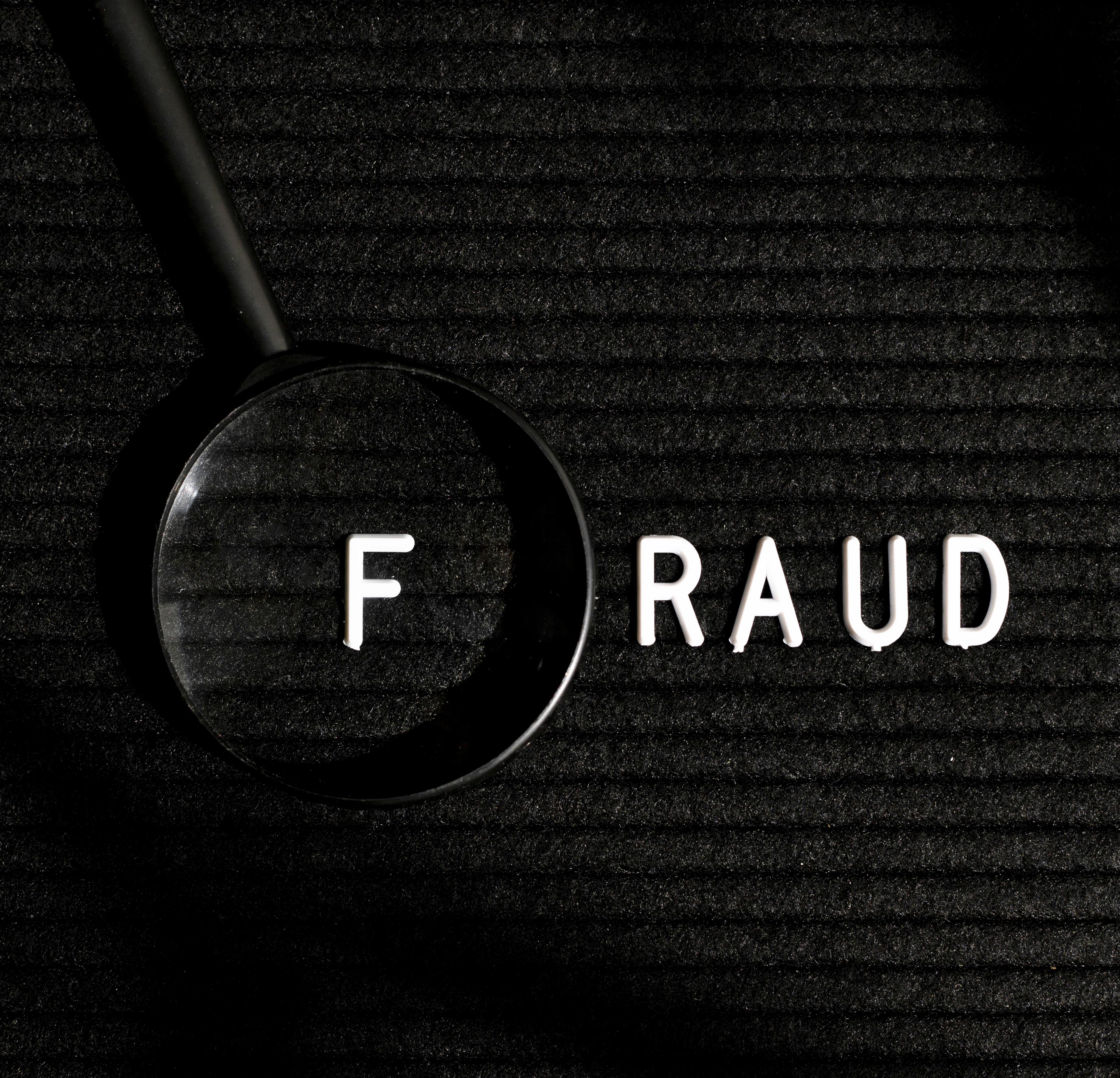Fraudulent Inducement: Business Fraud Lawyers in Florida
Fraudulent inducement occurs when one party intentionally misleads another into entering a contract by providing false or misleading information. In other words, it is business fraud, which is any illegal activity used to mislead others for financial gain. Unfortunately, there are many different scenarios of how business fraud occurs, most commonly in the corporate realm but also in layman’s corporate settings such as car dealerships.
One example is: a new car buyer drives off the lot of the dealership having signed a contract for the purchase of a brand-new car. Eventually, she finds out it is actually used and has already acquired 25,000 miles. This would be a case of fraudulent inducement because the signed contract for a 2024 car model indicates the vehicle has never been previously owned.
In a more official setting, fraudulent inducement would resemble a situation in which a soon-to-be hired employment candidate is promised a salary of $205,000 annually, realizing after signing the contract that this sum of money is only guaranteed after staying with the company for five years.
As one can see, it can be easy to fall under deception when parties of authority talk a big game. It is a human inclination to seek out the best for oneself in any situation, but more often than not, some circumstances really are too good to be true.
Too Good to Be True
To unmask the core components of business fraud, it is important to be wary or even doubtful of conditions that seem overzealous. If one of the cases above applies to you, or a situation that is similar in nature, it may be time to seek professional guidance from a business litigation attorney and take matters to court.
In Florida, Ludwin Law Group is keen on ensuring the rights of its clients are prioritized above all else. Located in Delray Beach, our unique sense of fraudulent activity and long tenure within the field of inducement qualify us beyond measure. We specifically focus on fraud in the inducement when approaching cases with the clients, assessing any misrepresentation that exists in the defendant’s original promises. To do this, we need to look at particular elements of business fraud to help make the case.
Elements of Business Fraud
To prove business fraud, plaintiffs must be able to show evidence of the following:
- a false statement, claim, or promise that should otherwise concern legitimate fact, representation, or contractual agreement;
- knowledge of the defendant that the statement, claim, or promise was flawed, dishonest, or inaccurate;
- poor intentions that were misleading to the plaintiff, backed by full awareness of the defendant in their pursuit of contractual agreement;
- damages suffered by the plaintiff as a result of the dishonesty or misguidance, whether economic, personal, reputational, or corporate.
Among these, it is crucial to prove that fraud has been committed and that the act was both intentional and deceptive. These two factors go hand-in-hand, as fraudulent activity may not always be purposeful, nor do intentional promises always reflect falsehood. This is why consulting an attorney is the best option, as they can differentiate between different types of business fraud that are frequently overlooked.
Types of Business Fraud
While the most common form of business fraud is misrepresentation (the example we have been discussing above), there exist several others that give off different legal implications.
-
Embezzlement
Embezzlement is considered a type of theft, as it involves a trusted employee’s management of company finances, only to betray this trust for personal gain. The simplest example would be if a financial manager, responsible for budgeting, financial reporting, and financial analysis, decided to abuse her access to company funds by going on a personal spending spree.
-
Insider Trading
There is also insider trading, which is the abuse of sensitive company information and using it to one’s personal benefit by illegally trading stocks. This often occurs when an executive, who has unrestricted access to a business’s personal information, uses it to sell their shares and generate personal financial gain.
-
Fiduciary Duty Breaches
Since fiduciary duty requires trust among business personnel to act in the best interest of the company, it is considered business fraud if they betray this trust. For instance, having conflicts of interest typically denotes the occurrence of breaching fiduciary duty. This may take the form of leaking company information to non-trustees, misappropriation of trust assets, sharing trade secrets, fraudulently transferring funds to outside sources, and even acting in a competitor’s best interest rather than one’s own company.
-
Unfair Competition
Competitors can sometimes resort to fraudulent conduct by acting against their competition and giving themselves an unfair advantage. Known as unfair competition, this type of fraud comes in many forms, such as trade libel, false advertisement, trade secrets theft, restrictive covenant breach, etc. All of these have one common denominator: they aim to harm another company through business defamation, dishonesty, and misrepresentation.
Florida Business Fraud Lawyers
Because of the complexities of business fraud, it is more beneficial to consult a business fraud lawyer to help navigate the process of filing a fraud claim. Whether between two competing businesses or an employer and their employee, business fraud occurs all too often, resulting in extensive harm to companies everywhere. Common instances of fraud in Florida include tax fraud, bribery and corruption, misappropriation of assets, Ponzi schemes, and theft or embezzlement.
As these examples become more and more prevalent, so do attorneys who can assist parties on the opposite side of the spectrum. These types of business fraud deal with individuals in more authoritative positions rather than ones who are lied to by authority. Either way, lawyers are crucial in business litigation, especially when a company’s reputation or financial health are on the line. They will ultimately help clients to better understand business litigation surrounding fraud in its entirety and make these claims for fraud in a court of law.
FAQs
How to deal with business fraud?
The primary way of dealing with business fraud is by taking preventative measures. This comes in the form of:
- proper training to recognize fraud before it occurs;
- keeping security tight by constantly changing passwords, keeping records, and monitoring transactions among business personnel and customers;
strong, trustworthy internal control that manages finances honestly and prioritizes fiduciary duty.
What is the difference between fraudulent inducement and breach of contract?
The main difference between fraudulent inducement and breach of contract is how either agreement is violated. Fraudulent inducement occurs when one party is misled into signing a contract based on false information.
Contract breaches, on the other hand, have less to do with what influences a party to sign and more to do with what the contract requires of the party that signs. They occur when one party acts against the contractual agreement, including its terms, conditions, policies, and codes of conduct.
What do business litigation lawyers do?
Business litigation lawyers help to ensure that principles of business law are followed and executed, including but not limited to:
- accurate company contracts,
- fair profit distribution,
- corporate transactions, and
- compliance with any other business regulations.
Ultimately, business litigation lawyers will help with disputes and common legal issues that companies face.
How to sue for fraud?
Suing for fraud is mostly ideal after consulting a business litigation attorney. They can help clients with gathering evidence, which is the most crucial step of the process. In fraud cases, this evidence must align with the following:
- purposefully deceptive intentions and the defendant having full awareness of them;
- the deceit opposes concrete fact or materiality;
- reliance by the plaintiff on the misrepresentation due to the assumed trust between both parties; and
- a statute of limitations, specifically of four years to make a fraud claim in Florida.
Once this evidence is gathered, you are equipped to move forward in filing a lawsuit.
What is the statute of limitations for fraud in the inducement in Florida?
While Florida’s general statute of limitations is four years from the date the fraud was discovered to make a claim, the state allows up to twelve years from the date if it is discovered late. This means individuals who have a legitimate fraud case have plenty of time to hire an attorney, gather evidence, and file a lawsuit.
How can I claim fraud in Florida?
Generally, one resource you can go to is My Florida Legal, a website that can provide the necessary documentation to file a fraud claim. You should also research your local business litigation attorneys for further assistance on the matter.
What do I have to prove in a fraud lawsuit?
Plaintiffs must prove:
- a misrepresentation, being an inductive statement that is false and misleading;
- knowledge by the violating party that the misrepresentation is indeed false;
- purposeful inducement on the innocent party; and
- reliance on the misrepresentation by the innocent party without knowledge of its falsity.
Is misrepresentation a crime?
Yes, misrepresentation is considered business fraud as it violates corporate fraud law and goes against regulations. Any violator is subject to felony charges and additional penalties requiring the compensation of damages to the plaintiff (hefty fines).
What are the consequences of business fraud?
As a felony charge, many prison sentences span the length of up to five years for committing business fraud. Other consequences include fines of up to $5,000 or an order of restitution to pay back any damages the plaintiff has suffered.

 BACK TO BLOG
BACK TO BLOG
